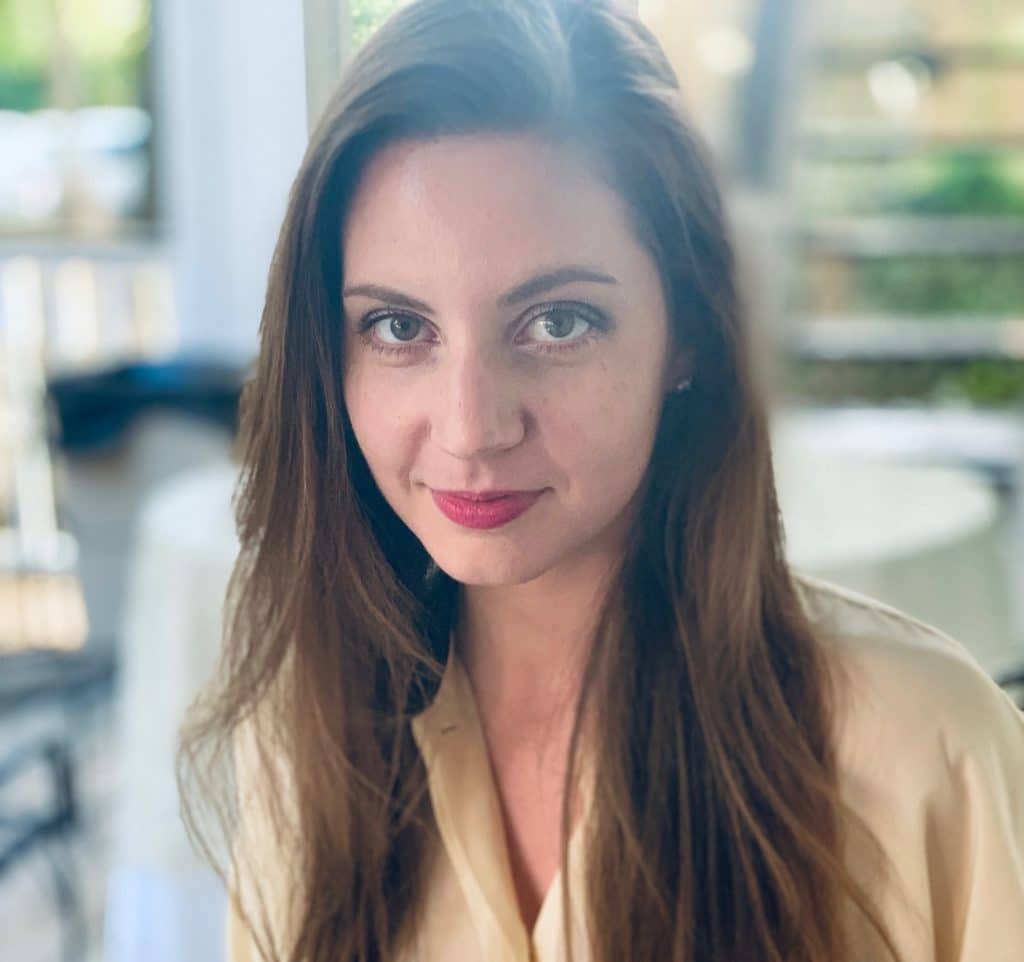
by Olivia Davis
A fellowship application involves many components, and one of the most important ones is often an interview. Interviews can be nerve-wracking, especially if you really want to receive the award that you are applying to. Sometimes when you are asked a broad question such as “What do you hope to gain from this experience?” your mind can go blank in the moment, only to have a clear response pop into your head once the interview is over!
However, if you plan out your answer to this question ahead of time, you’ll be able to deliver a confident and succinct response that gives your interviewers a clear picture of what you can bring to the program. Here are three things that you’ll want to make sure to cover in your answer to this question.
1. Connect their mission with your own
Fellowship programs are looking for people who want to help forward their mission. For example, the Fulbright program has a strong emphasis on creating connections between different cultures around the world, and so you would answer this question by showing how you also appreciate other cultures and creating connections.
It’s very important to speak in practical terms, so have a few examples ready that show the work that you have already done for their mission. For example, if you are applying to a conservation fellowship, you could talk about volunteering, advocacy projects, or environmental research experience. Let your passion for their mission come through in how you talk about their mission, and back it up with practical examples.
The idea of a fellowship is that you are getting a new experience, and so don’t worry if your examples might not be perfectly aligned with their mission as long as they show an underlying passion for what the fellowship is trying to accomplish. For example, if you’ve never traveled abroad but are applying for an international fellowship, talk about how you became interested in a certain culture and what you have done to learn about it now.
There are many ways to show that you share the same missions and goals as the fellowship program, and being able to articulate them clearly and on the spot will put on the right foot in answering this question well.
2. Share what you are most excited about (strategically!)
You are applying for this fellowship for a reason–and the committee wants to know what it is! It’s very likely that you have more than one reason for applying, and so it’s a good idea to share multiple reasons, but do it in a way that shows the fellowship committee that you deeply value the primary mission of their organization. For example, many people apply to Fulbright English Teaching Assistantships because they want the opportunity to live abroad and travel. However, it’s important to note that one of the main goals of that fellowship program isn’t travel–it’s helping non-native English speakers learn English. Thus, it’s a good idea to mention your excitement in getting to teach in a new environment. Talk about the specific ways you hope to engage with English learners first!
After you have shared what you are excited about doing as a fellow that aligns most directly with the fellowship’s mission, feel free to share other things–but also do this strategically. For example, if you’re applying for a Fulbright in Greece, instead of saying that you’re interested in traveling to the Greek islands, mention a specific island or Greek city that has something about it that interests you culturally. Being as specific as possible in your interests shows cultural engagement and knowledge that will help you not only make the most of your fellowship program but also indicates that you have a deep love for the culture you hope to spend time in as a fellow.
3. Connect your future plans with the fellowship
The fellowship committee knows that you are applying for a temporary position–they don’t expect your career to culminate in this moment! It’s okay–and encouraged–for you to show the fellowship committee what you would like to do with the experience you hope to gain. For example, if you are applying for a fellowship in Germany, explain how this connection to Germany, your new relationships, and your new practical experiences might help you take your next step in your career. Will you go into diplomacy with a focus on US-European Union relations? Will you write a book for a German audience? Will you seek permanent employment in Germany?
It’s important to note that you don’t have to know exactly what you are planning to do after the fellowship, and the fellowship application committee will not hold you to it! However, it’s a good idea to have a basic understanding of how the fellowship might fit into your overall career trajectory because the fellowship committee is interested in how you might carry on their mission beyond your time as a fellow. Showing a lifelong commitment to this vision, and giving them an idea of how it might play out (and even thinking in these terms at all!), will give you an edge when it comes to applying.
Applying to graduate school and seeking funding opportunities? Get our FREE Directory of Fully Funded Graduate Programs and Full Funding Awards here!

Olivia Davis has a BA in English from the University of Mississippi and was a 2017-2018 Fulbright ETA in Athens, Greece. She writes at Looking Upward and works full-time at a Christian ministry in Atlanta. When she’s not writing, she is probably playing the piano, drawing, or eating Greek food.
© Profellow, LLC 2021, all rights reserved.